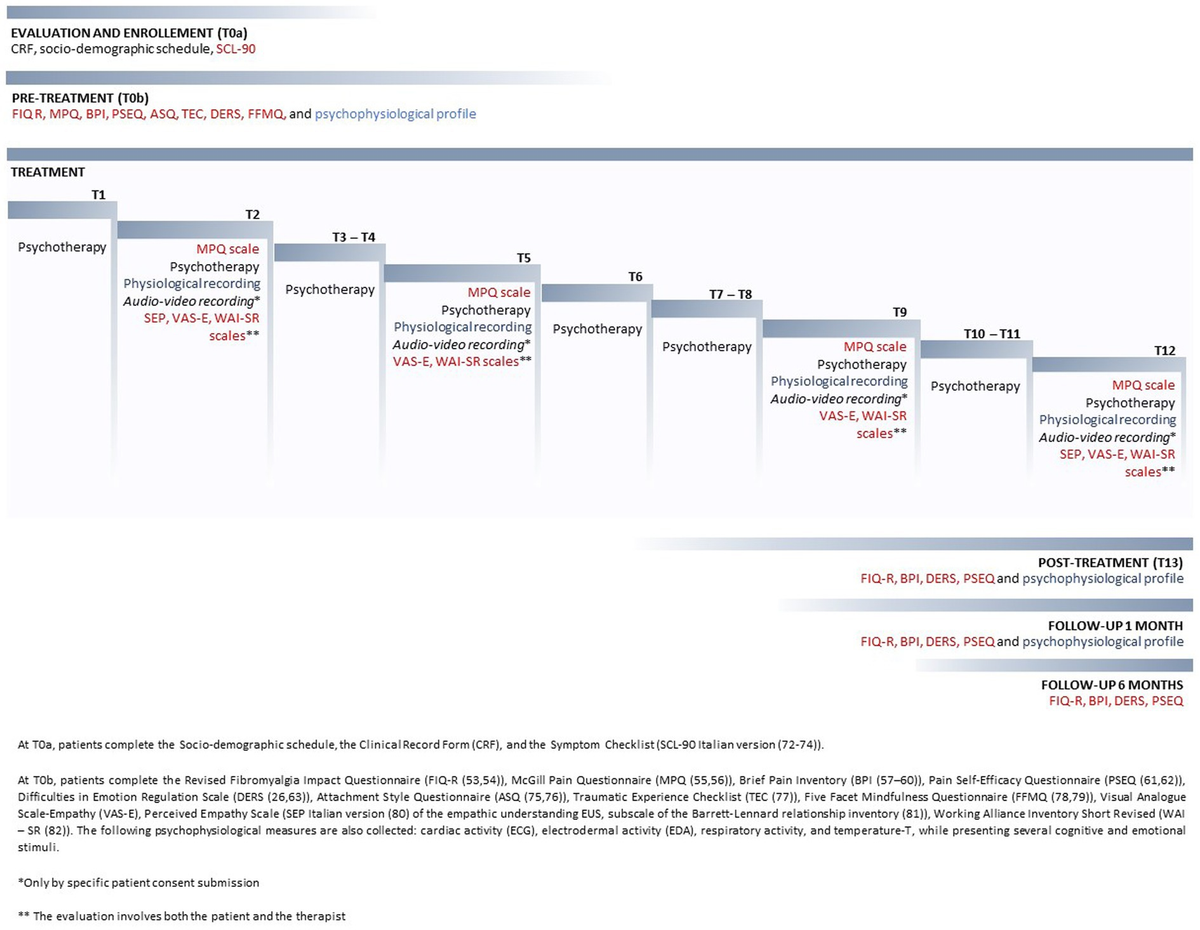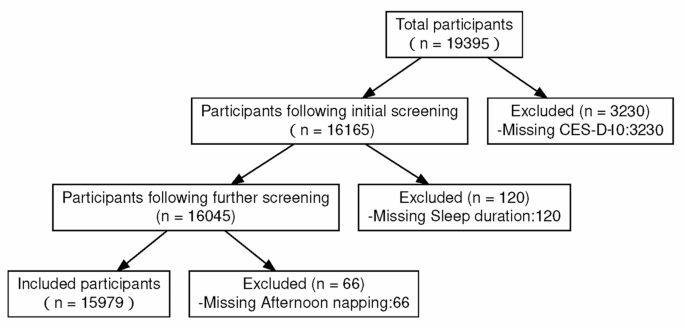Jackie Rogers, Sheriff of Lenoir County
As a sheriff in rural North Carolina and a staunch advocate for the health and well-being of our residents, I am profoundly aware of the devastating challenges posed by the opioid crisis. Shockingly, the most recent public data available shows that nearly 12 North Carolinians lost their lives each day to drug overdoses in 2022, underscoring the urgent need for action.
Based on my work as Sheriff and years in law enforcement I’ve gained firsthand insight into healthcare policy complexities. That’s why I am strongly in favor of Congress passing the Alternatives to Prevent Addiction in the Nation (Alternatives to PAIN) Act.
Seniors, who are at heightened risk of opioid addiction after surgeries and medical treatments, can benefit a lot from non-opioid alternatives. This Act reflects our dedication to protecting the health and well-being of our most vulnerable citizens by allowing them to choose treatment options that not only lower the chances of addiction but also minimize harmful side effects.
This important legislation seeks to expand access to non-opioid alternatives for pain management under Medicare, ensuring they are affordable and accessible for all seniors enrolled in the federal healthcare program. Specifically, the Alternatives to PAIN Act includes several crucial measures designed to enhance patient care and reduce opioid dependence.
First, it limits patient cost-sharing for individuals receiving non-opioid-based pain relief through Medicare Part D plans. This provision is intended to lessen the financial burden on patients seeking safer alternatives to opioids, by promoting equitable access to other options.
The Act also prohibits the use of step therapy and prior authorization requirements for non-opioid medications. By eliminating these bureaucratic hurdles, we can streamline access, ensuring that patients receive timely care without unnecessary delays or forcing them to be prescribed opioids first.
While the Alternatives to PAIN Act represents an important first step in preserving access and affordability for non-addictive, non-opioid pain management options, widespread adoption won’t occur until Insurers and Pharmacy Benefit Managers (PBMs) also support these alternatives. Their cooperation is crucial for all those in need to be offered safer pain management alternatives.
The Alternatives to PAIN Act represents a pivotal opportunity to combat the opioid crisis and cultivate a healthier future for our nation. I commend Senator Thom Tillis for introducing and sponsoring this important legislation, and I urge our entire congressional delegation to join in this momentous effort. Together, let’s build a robust healthcare system that puts patients first and tackles the urgent issues we face head-on.












